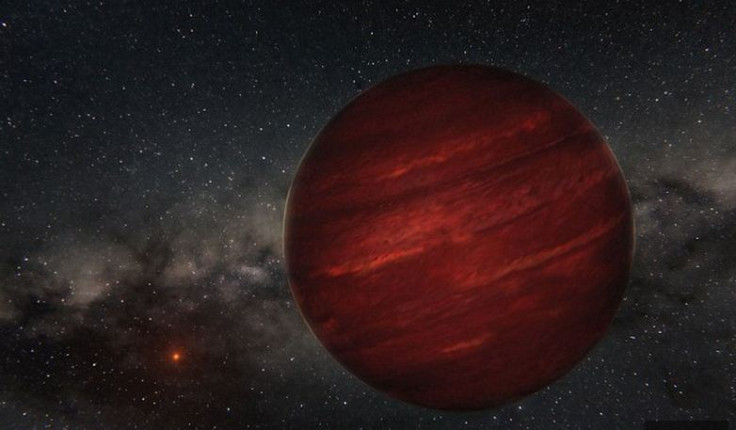New Planet That Takes 80,000 Earth Years to Orbit its Star Found

An international research team led by the University of Montreal has identified a new planet that takes approximately 80,000 Earth years to orbit its star.
The newly found exoplanet, dubbed GU Psc b, is about 2000 times farther from its star than Earth is from the Sun.
The planet's huge distance from its star is the reason it is thought to take thousands of years to complete one orbit, according to the study to be published in the 20th May issue of the Astrophysical Journal.
The study suggests that the planet is located in the constellation of Pisces and its star is three times less massive than the sun.
The great distance between the planet and its star, the researchers say, helped them identify GU Psc b through direct imaging and by comparing images obtained in different wavelengths.
The research team was able to find GU Psc b by combining observations from the Gemini Observatories, the Observatoire Mont-Mégantic (OMM), the Canada-France-Hawaii Telescope (CFHT) and the W M Keck Observatory.
"We observed more than 90 stars and have found one planet. It is therefore an astronomical curiosity," lead researcher Marie-Eve Naud, PhD student in the department of Physics at the University of Montreal, said in a statement.
"The planets are much brighter when viewed in the infrared rather than visible light, because their surface temperature is lower than those of the stars. This is what has identified GU Psc b," she added.
Researchers also determined the mass of GU Psc b to be between 9 and 13 times that of Jupiter.
The discovery gives hope to researchers to detect planets like the GU Psc b in future.
"GU b Psc is a true gift of nature. The great distance that separates it from its star makes possible a thorough study with a variety of instruments, allowing a better understanding of giant exoplanets in general," co-researcher Rene Doyon said.
© Copyright IBTimes 2025. All rights reserved.





















